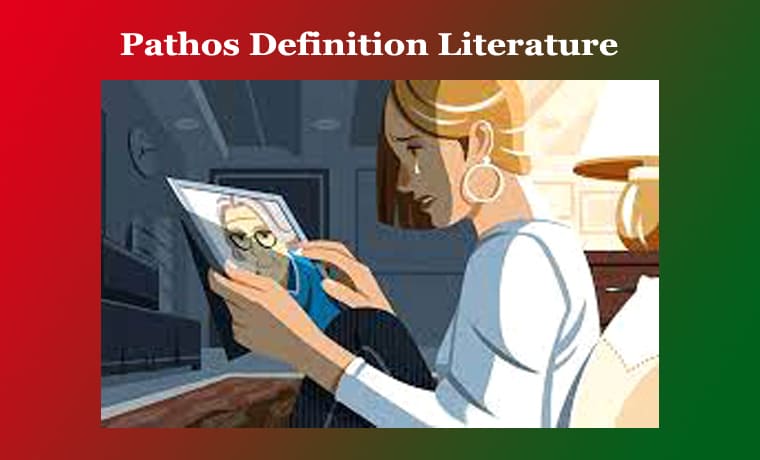Pathos Definition Literature
Pathos Definition Literature
Pathos Definition Literature
Introduction:
In literature, pathos is a rhetorical and literary device that appeals to the emotions of the audience. Derived from the Greek word meaning “suffering” or “experience,” pathos is a persuasive technique used by writers to evoke feelings, empathy, and emotional responses in their readers or listeners. Pathos Definition Literature
Pathos Definition in Literature:
Pathos involves using emotional language, vivid imagery, and storytelling techniques to connect with the audience on an emotional level. It aims to elicit specific emotional responses, such as pity, sympathy, sorrow, or joy, by tapping into the readers’ or listeners’ shared human experiences. Pathos Definition Literature
Key Aspects of Pathos:
Emotional Appeal: Pathos relies on the power of emotions to influence the audience. Writers use language that evokes strong feelings and resonates with the readers’ emotional experiences.
Vivid Imagery: Descriptive and vivid imagery is a common tool used in pathos. By painting a detailed picture through words, writers can create a more profound emotional impact on the audience.
Personal Stories: Incorporating personal anecdotes or stories allows writers to humanize their message and make it relatable. Readers are more likely to connect emotionally with characters and situations they can empathize with.
Sympathetic Characters: Writers often create characters with whom the audience can sympathize. By portraying characters facing challenges or joys, the audience becomes emotionally invested in their journey.
Examples of Pathos in Literature:
1. In Shakespeare’s “Romeo and Juliet,” the tragic love story between the two young protagonists elicits strong feelings of sorrow and pity among readers.
2. Harper Lee’s “To Kill a Mockingbird” uses pathos to evoke empathy for the unjust treatment of the character Tom Robinson, a black man falsely accused of a crime in a racially charged setting.
3. John Steinbeck’s “Of Mice and Men” employs pathos in the relationship between George and Lennie, creating an emotional connection that intensifies the impact of the story’s tragic elements.
4. Martin Luther King Jr.’s “I Have a Dream” speech appeals to the emotions of hope, unity, and justice, inspiring a collective emotional response in the audience.
Conclusion:
In essence, pathos in literature taps into the emotional realm of readers, fostering a deeper connection and engagement by evoking powerful emotional responses. It is a powerful tool for writers to convey their messages, create empathy, and make their narratives more impactful. 0 0 0. Pathos Definition Literature
Pathos Definition Literature
Some More Queries for Ready Reference:
- Prose in Literature
- Foreshadowing Definition Literature
- Literature Review Outline
- Literature Review Sample
- Mood in Literature
- How to Write a Literature Review
- How to Read Literature Like a Professor
- Theme Definition Literature
- Adult Content in Literature
- Erotic Literature
- Exposition Definition Literature
- Theme in Literature
- Literature Definition
- Logos Definition Literature
- Doki Doki Literature Club Characters
- Yuri Doki Doki Literature Club
- What are 2 Main Genres of Literature?
- What are the 4 Major Parts of Literature?
- What are the 2 major Types of Literature?
- What are the 3 Types of Literature?
- What is 5 definitions of literature?
- What is Literature in 150 Words
- What is a Literary Short Answer?
- What is the definition of literature?











